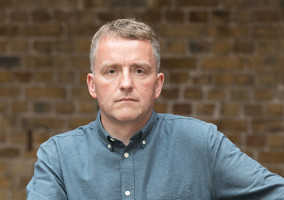Charities are losing their “strength and relevance” as society transforms at a rapid rate, sector consultants have warned.
Speakers from the Charity Change Collective, a group of consultants who support the sector, said at an event in London last week that leaders needed to become more adaptable to changes in society and shift “into a completely different way of thinking”.
Julie Wilson-Dodd, co-founder of the collective, said: “If things are going well in your organisation and you have a rigid mindset, we often find leaders burying their heads in the sand.
“If things aren’t going well, leaders will often double down on known tactics.
“It is about shifting that mindset to become more adaptive. If things are going well, you continue learning. If things aren’t going well, you have the ability to rapidly explore new ways to solve issues.”
The group unveiled two toolkits at the event last Wednesday, based on feedback from 50 sector leaders, with the aim to help charities streamline their organisations and challenge the status quo.
Wilson-Dodd added: “We believe organisations in our sector are losing strength and relevance as society transforms faster than they do. Together we can change that.”
‘Get the culture right and transformation follows’
The collective’s first toolkit, unveiled at the event, was culture and mindset, with explanations about the importance of it in today’s age.
Eleanor Gibson from the collective said that a change of culture in an organisation doesn’t just support transformation, it drives it.
“Culture can stifle your organisation’s capacity for transformation. Get the culture right and transformation follows it,” she urged sector leaders.
The second toolkit unveiled was skills and capabilities, with an emphasis on how charity leaders can adapt to a changing world.
Brani Milosevic from the collective said the skills those who work in the charity sector can learn include being data confident, developing AI literacy, supporting human-centred delivery and adopting coaching at all levels.
“Build up your leadership skills by finding people with the right skills,” she said.
“Leaders have pressure to find all the answers when technological challenges are coming one after the other. It feels very volatile with the amount of change that is happening.
“It’s impossible for one single leader to know everything that everyone does. They need to rely on a good team as well.
“So what can you do to create change? Assess your leadership, change your hiring process, provide mentoring for your senior team and support one pilot project.”












